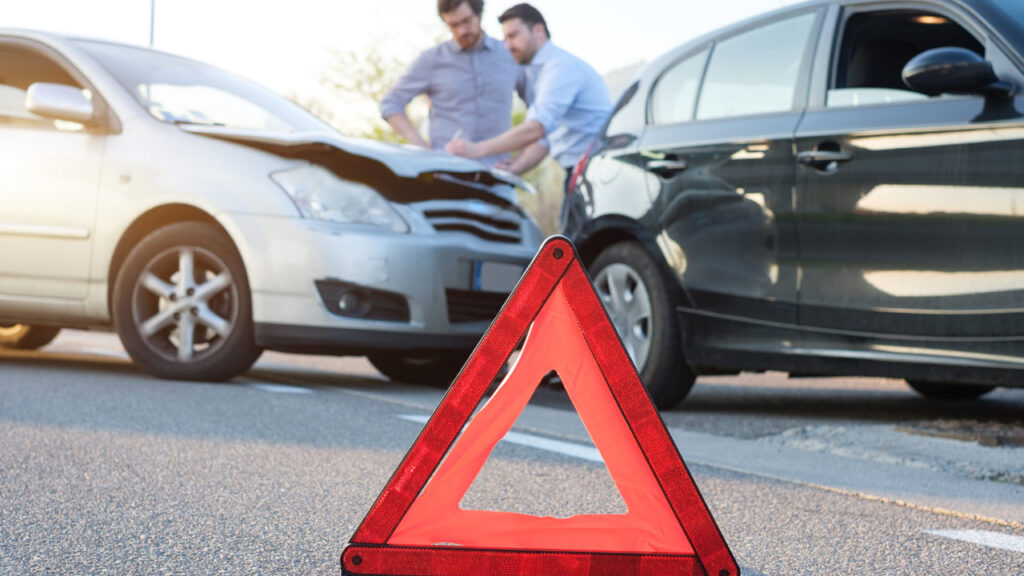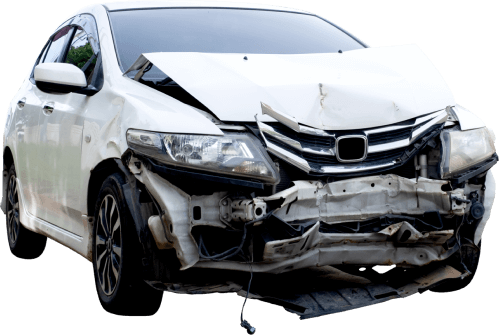A car crash can be a traumatic and disorienting experience, but knowing what steps to take in its aftermath is crucial for protecting yourself and your interests. From ensuring safety to navigating insurance claims, this guide provides a comprehensive overview of what you should do following a car accident.
Prioritize Safety:
Immediately after a car crash, prioritize safety above all else. If possible, move your vehicle to a safe location to avoid further collisions. Turn on hazard lights and set up warning triangles or flares to alert other drivers. Check yourself and passengers for injuries, and if anyone requires medical attention, call emergency services immediately.
Exchange Information:
Exchange contact and insurance information with all parties involved in the accident, including drivers, passengers, and witnesses. Gather details such as names, addresses, phone numbers, driver’s license numbers, vehicle registration information, and insurance policy numbers. Be cooperative but avoid discussing fault or assigning blame at the scene.

Document the Scene:
Take photographs of the accident scene, including vehicle damage, road conditions, skid marks, traffic signs, and any relevant landmarks. Note the time and date of the accident, as well as weather and lighting conditions. If possible, draw a diagram illustrating the position of vehicles before and after the collision. These visual records can provide valuable evidence during insurance claims or legal proceedings.
Contact Law Enforcement after a car crash:
In many jurisdictions, it’s mandatory to report car accidents to law enforcement, especially if there are injuries, significant property damage, or disputes over fault. Contact the police and wait for them to arrive at the scene. Cooperate with officers and provide an accurate account of the events leading up to the accident. Request a copy of the police report for your records.
Seek Medical Attention:
Even if you don’t immediately feel injured, it’s essential to seek medical attention as soon as possible after a car crash. Some injuries, such as whiplash or internal trauma, may not manifest symptoms until hours or days later. Keep records of all medical evaluations, treatments, and expenses related to injuries sustained in the accident. These documents will be crucial for insurance claims and potential legal actions.
Notify Your Insurance Company:
Promptly notify your insurance company of the accident and provide them with all relevant details, including the names of other parties involved, the extent of vehicle damage, and any injuries sustained. Follow their instructions for filing a claim and provide requested documentation, such as photographs, medical records, and repair estimates. Be honest and accurate in your communications with your insurer to avoid potential complications.
Experiencing a car crash can be overwhelming, but knowing what steps to take afterward can help mitigate stress and ensure a smoother recovery process. From prioritizing safety to documenting the scene and seeking medical attention, each action plays a crucial role in protecting your well-being and interests.
If you’re facing challenges with insurance claims or seeking compensation for diminished value, DVGoat stands ready to assist you with professional appraisal services and expert guidance. Don’t hesitate to reach out for support in navigating the aftermath of a car accident.



